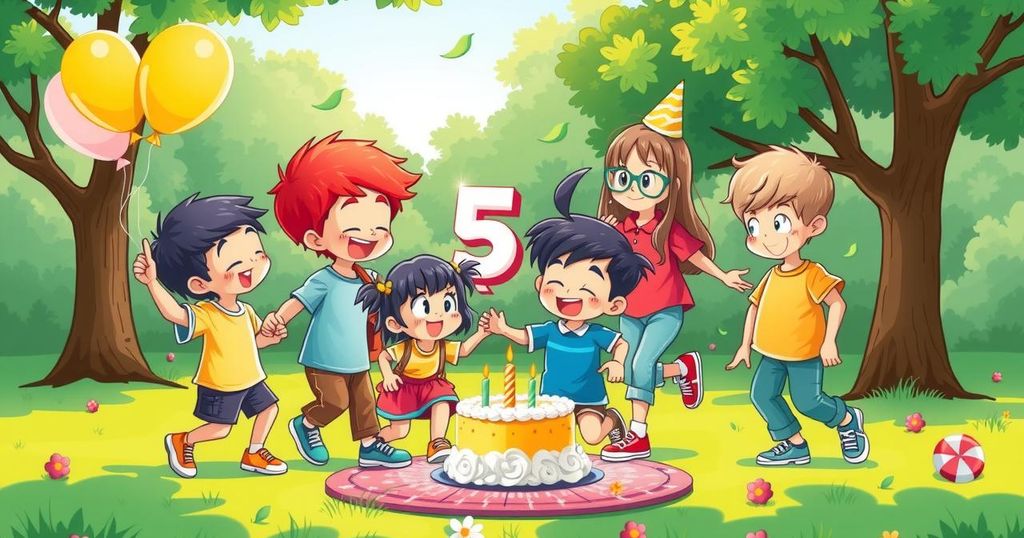Brazilian children born at the start of the pandemic, particularly Flora, experienced significant disruptions during their formative years due to COVID-19. The pandemic’s impact has resulted in health care and educational setbacks, highlighting the prolonged challenges faced by children in Brazil and globally.
Flora, a Brazilian child born on March 11, 2020, experienced the pandemic’s effects from her earliest moments. Her first word was a misunderstanding of ‘mask,’ which she associated with her parents leaving her side. This day also marked the World Health Organization’s declaration of COVID-19 as a pandemic, a catastrophe that would claim over seven million lives globally, with Brazil suffering 715,000 fatalities.
On her first birthday, Flora’s celebration was dampened by the pandemic; very few people shared her cake, which was decorated with sea-themed sugar art. Just her paternal grandparents and a couple of family friends attended the occasion. During March 2020, nearly 250,000 babies were born in Brazil, coinciding with a surge of almost 4,000 daily deaths from COVID-19.
The pandemic posed immense challenges, particularly for children during their formative years. Mariana Luz, the CEO of the Maria Cecilia Souto Vidigal Foundation, emphasizes that the first six years are crucial for development. The impact was profound, with significant disruptions to medical appointments and vaccine schedules, while Brazilian students faced an average of a year and a half away from school, a longer break than many of their peers globally.
The experiences of children like Flora highlight the severe repercussions COVID-19 has had on early childhood development in Brazil. As they turn five years old, many have faced unprecedented challenges that could affect their growth and education. It is crucial to address the long-term implications of the pandemic on this vulnerable age group.
Original Source: www1.folha.uol.com.br






